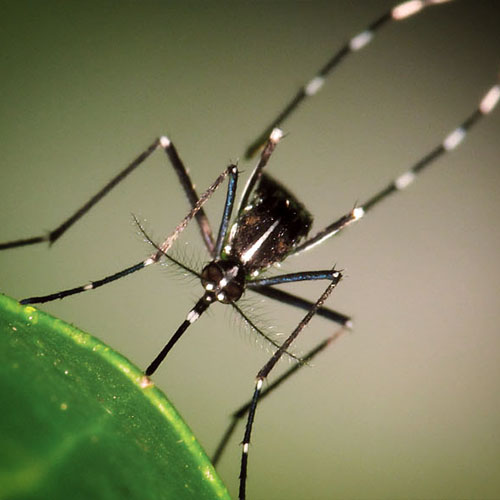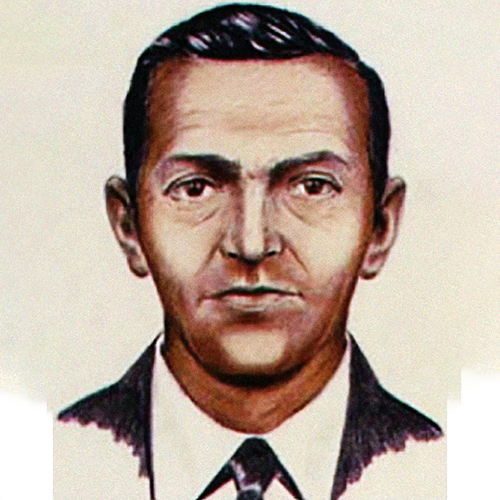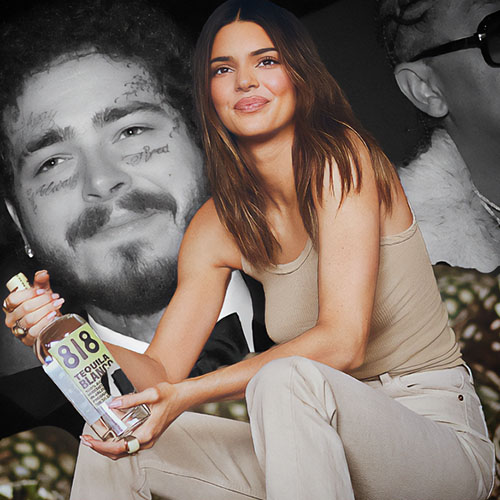When you get right down to it, most of history is weird.
That’s why writing a column like this one is a pretty plum gig. No matter how innocuous the topic might sound, you’ll inevitably come across a story that seems totally bizarre to our modern sensibility if you’re willing to dig deep enough. So with this month’s theme of hangovers, I was sure I was once again in the clear — after all, what could be an easier target than the disastrous aftereffects of too much booze?
Reader, I appear before you today humbled. After spending hours poking around online, and stomping around multiple university libraries, I am here to report that hangovers are…kind of boring, historically speaking.
At first glance, this makes no sense. Getting drunk is an act that’s nearly as old as humanity itself; some researchers believe people were making alcohol even before we figured out how to grow our own crops. And as long as we’ve been drinking, we’ve been drinking too much, and then rolling around on the floor as our heads and stomachs team up to punish us for our liquid gluttony. In all that time, the course of history hasn’t been altered by a particularly nasty hangover or two?
Well, it has. We just don’t know about it. In truth, the reason the history of hangovers isn’t all that weird is because, unlike a lot of things, they aren’t some mysterious experience that science can only explain retroactively. The cause and effect are fairly obvious, and has been understood as such at least as far back as ancient Greece: Drink too much, and you’ll pay for it later. So stop talking about it so loudly, and pass me the Advil already.
Not that that dissuaded anyone from partaking in the first place, of course. The Greeks loved their wine so much that they created a party god, Dionysus, who was responsible for the all-important grape crop. They also believed that people who preferred water to alcohol weren’t just boring, but actually smelled bad. The Greeks didn’t believe in a hangover god, though (an unusual omission that would later inspire author Terry Pratchett to invent one). Instead, they knew to seek out better-quality alcohols, and, when all else failed, to sleep the rest of the day away.
No matter the part of the world, wherever alcohol appeared, hangovers weren’t far behind. And each culture grappled with them in its own way. The oldest-known Arabic cookbook, from the tenth century, suggested adding an early kind of lemonade to your alcohol to stop a hangover before it started, and if that didn’t work, downing a bowl of yogurt-y stew called kishkiyya.
In the exceedingly formal society of sixteenth-century Japan, meanwhile, it was considered polite after an alcohol-heavy event to demonstrate the extent of one’s hangover — even if you didn’t actually have one. To fake it, people would send late thank-you notes to the host, written with intentionally sloppy handwriting.
But if humans have long understood the what of hangovers, sometimes a little too well — I’m partial to Kingsley Amis’s description, from Lucky Jim, of feeling like you’ve “somehow been on a cross-country run and then been expertly beat up by secret police” — they continued to struggle to understand the how. However, hangovers are starting to get their due from scientists. Recent studies have tried to break hangovers down into their constituent parts, from dehydration to nausea to a catch-all category of leftover fermentation chemicals in your stomach called “congeners.”
Still, the search for a cure remains as elusive as ever. In fact, by far the weirdest part of hangovers isn’t their past, but their future. As we speak, plenty of private companies are hard at work on developing a workaround — all that remains to be seen is which version gets to market first, and which one takes off with the public. Will it be RU-21, a Russian-made pill originally developed by the KGB? Or the tea company Tetley, which plans to roll out a special hangover tea by 2026? Or how about one of the many groups working on so-called “synthetic alcohol,” which is supposed to manipulate and massage the neurotransmitters that give us the feeling of being drunk?
Personally, I’ve learned to avoid the problem by drinking two beers and then quitting. But the estimated $148 billion that hangovers cost the U.S. economy in lost productivity each year suggests that a more pressing solution might be useful.






















